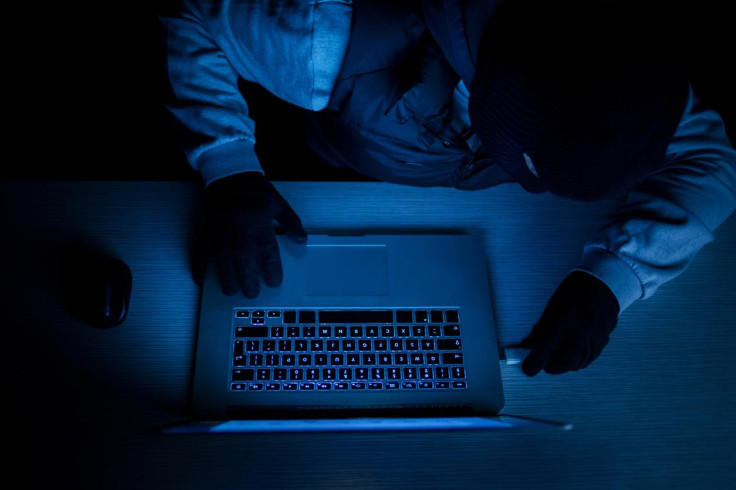Russian hacking of US electricity grid turns out to be a fake news report
The Washington Post, which published the report, has issued a note saying their key claim in the story was false.

A news report last week had claimed that Russia-based hackers had successfully penetrated the US electricity grid through a facility in Vermont. But, such a thing never really happened as the alleged malware code that was thought to be injected into the grid system was only present on a single laptop that has no connection to the grid.
The report published by the Washington Post has been discarded as being misleading and false and the company has issued a note saying their key claim in the story was false.
"An earlier version of this story incorrectly said that Russian hackers had penetrated the US electric grid. Authorities say there is no indication of that so far. The computer at Burlington Electric that was hacked was not attached to the grid," said an editor's note on the copy.
Burlington Electric, which was one of the companies in Vermont hosting a grid, received a Homeland Security notice about the malware code found in the DNC system. It is said to have searched all its computers and then found the code only on a single laptop that was not connected to the electric grid in any way. In addition there was no evidence that Russian hackers had anything to do with planting this malware.
Glen Greenwald, a prominent US journalist and one of the first to break Edward Snowden's leaks on the NSA, has commented that this type of reporting suits America's anti-Russian agenda.
"It matters even more because it reflects the deeply irrational and ever-spiraling fever that is being cultivated in US political discourse and culture about the threat posed by Moscow," says Greenwald in a report by the Intercept.
Additionally people on social media teamed up slamming the Washington Post as another instance of "fake news" emerged from the publisher.
The WaPo caught promoting another fake news story. Since election, the paper has turned into The Washington Post Mortem.
— Ann Coulter (@AnnCoulter) January 1, 2017
No, Russia Has Not Infiltrated US Electric Grid https://t.co/LdsqsSsTxw Just #fakenews from @washingtonpost
— Tammy Bruce (@HeyTammyBruce) January 1, 2017
Washington Post retracts 'The Russians! hacked the power grid so WAR!' propaganda piece after being called out. https://t.co/CyWvPvBW6o pic.twitter.com/Ep0H7oWXRl
— Very Savvy Peopleâ„¢ (@TheXclass) January 1, 2017
Given the story seemed very important most publications like Reuters and ABC had picked up the report. We at IBTimes UK too had reported the story citing the Post as its source.
© Copyright IBTimes 2025. All rights reserved.





















